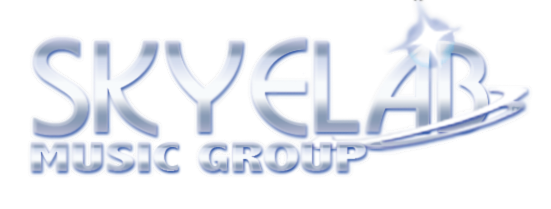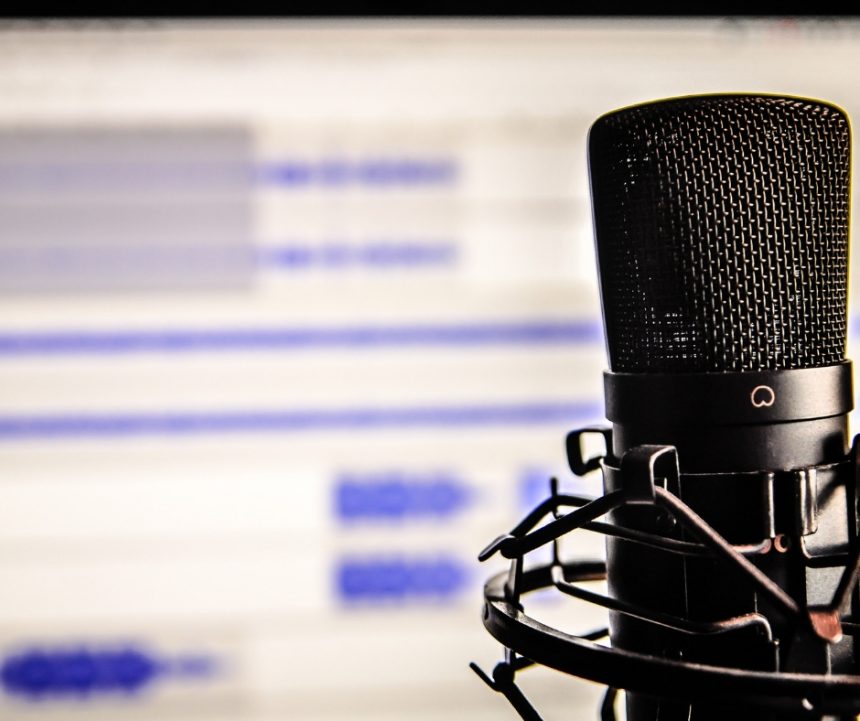One career rises, one bites the dust- all because of storage and recall
In last month’s episode, we peeked into the lives of two songwriters, Louie the Loser and Penelope Perfecto. Both were given the chance to place their songs in a feature film, pro riding they could make certain changes required by the film producer. Penelope had no problem, because her notes and documentation were accurate. She was able to get the deal. Louie, on the other hand, couldn’t recreate his work because of his disorganized or nonexistent notes and documentation.
After a week, Louie finally had to own up — he couldn’t get his mix back, so he couldn’t make the changes. With Louie’s song out of the picture, Harry decided to use another one of Penelope’s songs. His movie hit No. 1 at the box office, and Penelope was a smash. Soon she had hit songs in movies and on TV. She was writing for well-known recording artists and had to hire a staff just to keep up with the demand!
Louie should have learned that accurate documentation, proper storage, and the ability to perform a precise recall play important roles in the success of studio projects. Session information generally falls into three categories, and various methods are used to store and retrieve data.
GENERAL INFO
Information in this category would include song title and alternate titles, artist, producer, engineer, date, client, sequencer tI7e and version, offset, BPM, syncbox, timecode, and tape number. Traditionally, much of this information would be recorded on track sheets. Many producers prefer to use notebooks, and that’s the first place they look when they need to recall session data. The dangerous thing about this is that if they lose the book, they can lose a tremendous amount of valuable info.
Computer database programs are an excellent way to store your general info, and all the search features work to your benefit. A program like Filemaker Pro allows you to customize the database to your own specifications. Track Notes (for PCs) from Virtual Software Systems is designed for recording studios and allows you to enter detailed information about every session.
SOUND SOURCES
This would include samples, drum-machine data, hard-disk info, sound modules, and patches. One of the wonderful features that most sequencers have is the “comments” or “notes” field. You can enter all the info about a particular track. You can also use “default patch” settings, but they may not be valid on a different synth or if patches get reassigned on the original synth or module.
For any modified patches, you can save the system-exclusive information right onto the corresponding track or create another track just for the SysEx. If you use multitimbral synths in performance mode, a SysEx bulk dump might do the trick. Librarian/editor programs like Unisyn from MOTU are great for storing SysEx data for your entire MIDI system.
MIX INFO
For outboard gear, patches, inserts, rental gear, automation data, and mixing board settings, professional recording studios use recall packs to store all the information for a particular mix session. The packs consist of paper templates of all of the outboard gear in the studio, along with templates for all patchbay routings. An assistant copies down all the settings for every piece of gear used in the session, along with every patch in the patchbay, and stores all of the console settings and automation data on a disk (provided the console has recall and automation features).
Of course, inexpensive digital mixers have changed the rules of the game, making it much easier to store and recall mix data. But classic methods are still necessary. One engineer uses a video camera and pans very slowly in close-up across his older analog console. To recall a mix, he plays the tape back and pauses the sections he needs to recall. In the old days, engineers would take Polaroid snapshots of the console. To bring back recalls of your mixes, make some blank templates of your outboard gear faceplates, and use them.



Leave a Reply